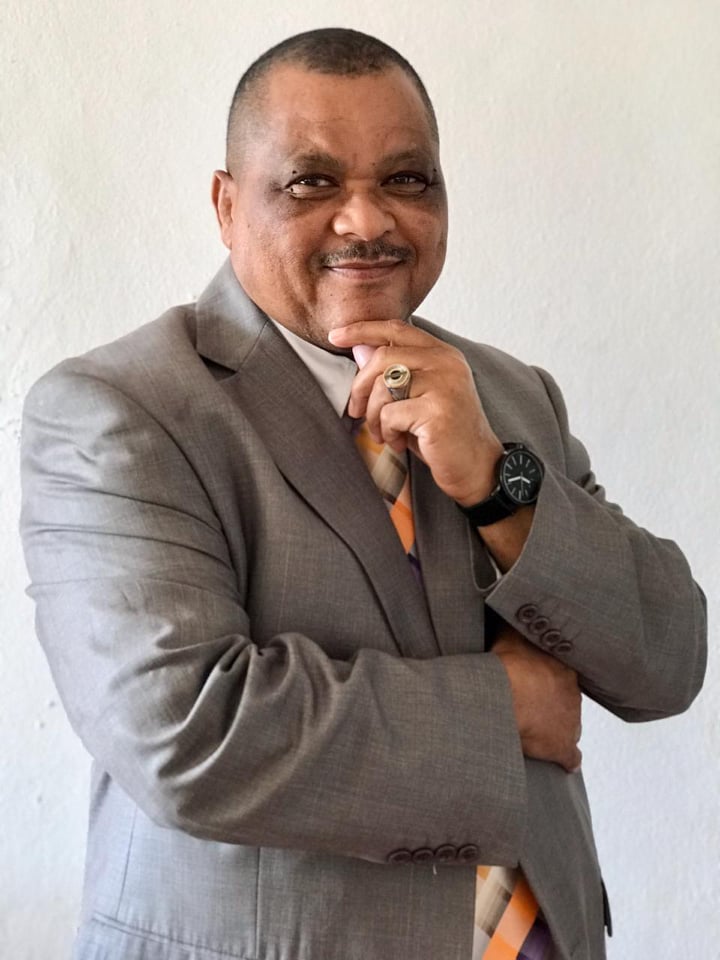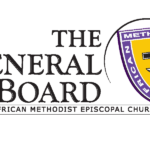COVID-19 and its Effects on Churches in South Africa
By Presiding Elder Willem Burger, 15th Episcopal District
Doors locked in churches, mosques, sanctuaries, shrines, and temples across the world are also locked in South Africa. Millions of Christians and other religious people are unable to gather because of the necessary but disruptive measures put in place with regard to social distancing and the lockdown of our country. These measures have forced people to stay at home. The coronavirus is a global pandemic that has decimated the socio-economic, religious, and political life of many and various systems, cultures, businesses, institutions, individuals, and communities.
In events of extreme distress, people need one another to help strengthen their coping and surviving mechanisms. In times of crisis, religious organisations—especially the church—offer opportunities for interpersonal relations to enhance coping through pastoral encounters. Due to the lockdown, these can no longer continue.
The coronavirus can spread easily through the common means used by the church and other faith-based communities. The church is now forced to seek other methods to continue doing pastoral ministry without congregating with its members in face-to-face meetings. When governments announced lockdowns, no exception was made for churches. Church leaders had to think on our feet and accept the reality that there will be some losses but we needed to keep the faith through these troubling and distressing times. This was something new for all of us.
Yet, the church has to continue. The best option is for Sunday services to go digital. This is a challenge. We have to now take the church to our congregants. We need to make them feel as if they are in church on a Sunday morning or Wednesday evening. Important Christian calendar events had to continue like Holy Week, Easter, and Pentecost.
As religious leaders, we had to find ways and means to still bring across these important events and messages. It is important that our congregants not forget these yearly events despite these difficult times. The life of the church and other religious organisations have been so negatively-impacted to a point of failing to do pastoral ministry traditionally.
With congregants no longer gathering at churches all over the world and some dealing with the loss of jobs or reduced work hours, pastors know their parish will feel the financial effects of the crisis as much as anything else. However, it’s also an opportunity for the church to recognize the scriptural concept of 1 Corinthians 12 that if one part of the body suffers, every part feels it. It’s a moment when while we’re hurt as a church and our funding is cut, it’s not about us, it’s about helping those in need.
Many churches have had to forgo in-person services to follow government orders and regulations against gathering in large groups and maintaining social distance of at least one and a half to two metres between individuals. Even so, we continue to offer services through various online platforms and other methods while we try to meet the needs of people in our communities.
Church offerings typically support ministers, staff salaries, and benefits; church utility costs; and other expenses. Due to this, we cannot meet all needs because donations had been a bit slow. It’s just different not having events where people can give directly. This virus is causing a delay in all facets of the church.
I do want to encourage you with these words that we are not alone. Daily, we are encouraged by religious leaders from all over the world urging us to raise our voices and pray for God’s healing to take place. We face this storm with faith because we know that in the end there will be joy. Let us not lose hope. Let us not lose our joy. Let us not lose our faith. Most of all, let us not lose our praise. This too shall pass!
The Rev. Willem Burger is the presiding elder of the Cape District of the Cape Annual Conference of the 15th Episcopal District. He is also an officer in the Connectional Presiding Elders’ Council.





